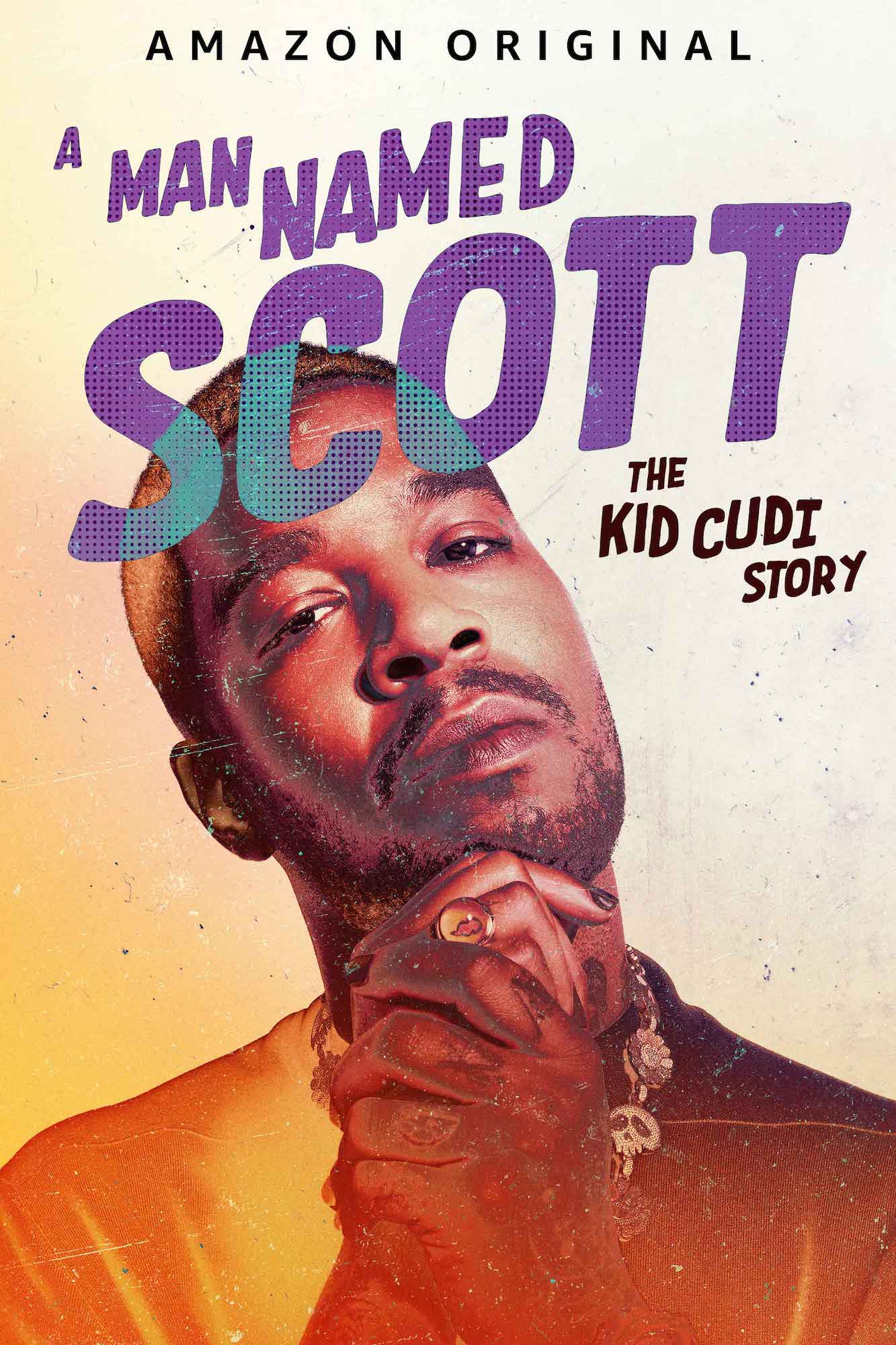First, let me be honest: I thought Kanye was just helping a dude that was working on some fringe shit that would fall off. I held this belief even after “Day ‘n Nite” introduced Kid Cudi to the masses. (Apparently, there is a version of the music video made with a $250 budget! It’s the only remix I can tolerate.)
I wasn’t actually a fan until 2010’s How To Make It In America hit my screen. It was then that I went back and checked out his discography and became just another Man On The Moon. Watching Kid Cudi’s new documentary, A Man Named Scott, gave me a new perspective not just on the art and artist, but how I related to what was being said without even realizing. Spaced Out on the IndiCudi, I was Seeing Ghosts by the end of this inspirational piece.

A Man Named Scott, directed by Robert Alexander, picks up Scott Mescudi at his career’s launching point, just after A Kid Named Cudi got Kanye’s attention. The release of Man On The Moon: The End Of Day sparked Kid Cudi’s career on the back of singles “Day ‘N Nite” and “Pursuit of Happiness.”
Rolling Stone put it at 459 in the 500 greatest albums of all-time. From the basics of “Rapper’s Delight” to the bomb blasting of the East-West MC Wars emerged Kid Cudi with musical compositions and dreamy lyrics that described both the depression and the escape. It introduced the rap world to psychedelics and skinny jeans in the most authentic way to date.
In essence, Cudi was a different kind of astronaut than Lil Wayne. That’s explained throughout the documentary by Kanye West, Shia LaBeouf, Jaden Smith, Lil Yachty, Pharrell Williams, and a few other A-Listers. Still, this documentary feels as fragile as Kid Cudi does on some of his most revealing and personal lyrics.
While some of the conclusion feels forced (no spoilers), there is no denying Kid Cudi’s contributions of a different, more thoughtful layer to the culture at large. One could hop on a track and conduct an orchestra while still being On One and headed to the moon while navigating the same violent neighborhoods. Those were dead-end roads: Kid Cudi had some different shit to get with and it was cool, somehow. Even if the struggles were different, more internal than external in nature.
This documentary is heavy on interviews that mimic podcasts more than decade-old footage. It’s through the sheer diversity among the subjects of those interviews that we can truly measure this documentary. Half feature artists who helped raise Kid Cudi and created with him. Half feature those who cuddled up to Kid Cudi, who were raised up with his voice coming out of their headphones.
Willow and Jaden Smith, Lil Yachty, and Timothée Chalamet heard Cudi when they were riding to their first gigs. The “Sky Might Fall’ but Cudi was still a “Soundtrack to My Life” in their ears, and those of countless others who just kick and push to their day jobs without fanfare.
Mescudi explained in his GQ profile,
“I never thought being so honest would, in turn, have people wanting to ask me so many personal questions. People would be like, ‘You lost your dad at 11 years old. What was that like?’” he says. “These are questions that I’ve never been asked before, this is stuff that I’ve never even thought about. When my father died I camouflaged all my feelings, I tucked that shit away.”
A Man Named Scott shows just how far that Kid Named Cudi has come from hiding, tucking those demons away until he can be free to find peace publicly. The film opens with “Speeding Bullet 2 Heaven” but the rest of the hour and change shows how life has slowed down in a way that lets Scott appreciate how far he’s come since he wrote the chorus to Kanye’s “Heartless.”
This show is mainstream heavy, so if you are a mixtape fan you’ll have to relish the brief underground moments. Still, this is a worthy watch for anyone interested in how music is made, and even more so for fans of the man behind the Man On The Moon series. It is an art piece about piecing together art with Kid Cudi as a guide.

Cudi does call “Soundtrack 2 My Life” his mission statement. He also says we all heard “Pursuit of Happiness” wrong but has come to terms with the differences in how a song is released as compared to how it is received.
“It’s a really dark song. Probably one of the darkest on the album, that’s why it’s labeled ‘Nightmare.’ I think that got lost on some people when we did the remix and stuff like that and it became something else,” Cudi says. “So it bothered me at first, I was like, ‘Oh, they missed the point. This is not supposed to be celebrated. I’m talking about drinking and driving, I’m very reckless on the song. But now I don’t really trip about that. I love the reaction with ‘Pursuit’ every time I do it at the shows. I’ve got to perform that song. I’ll be performing that song forever.”
In the end, Kid Cudi says he is done making “dark records.” To find out why, watch the show on Amazon. To find out how, wait for the next documentary. To find out when you can hear the new album, follow Kid Cudi and MMH on social media. You won’t miss the date for the next drop.









